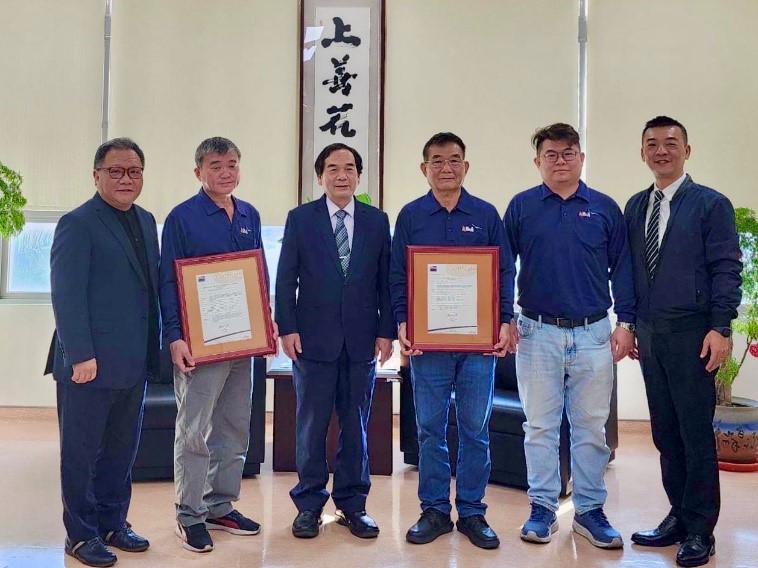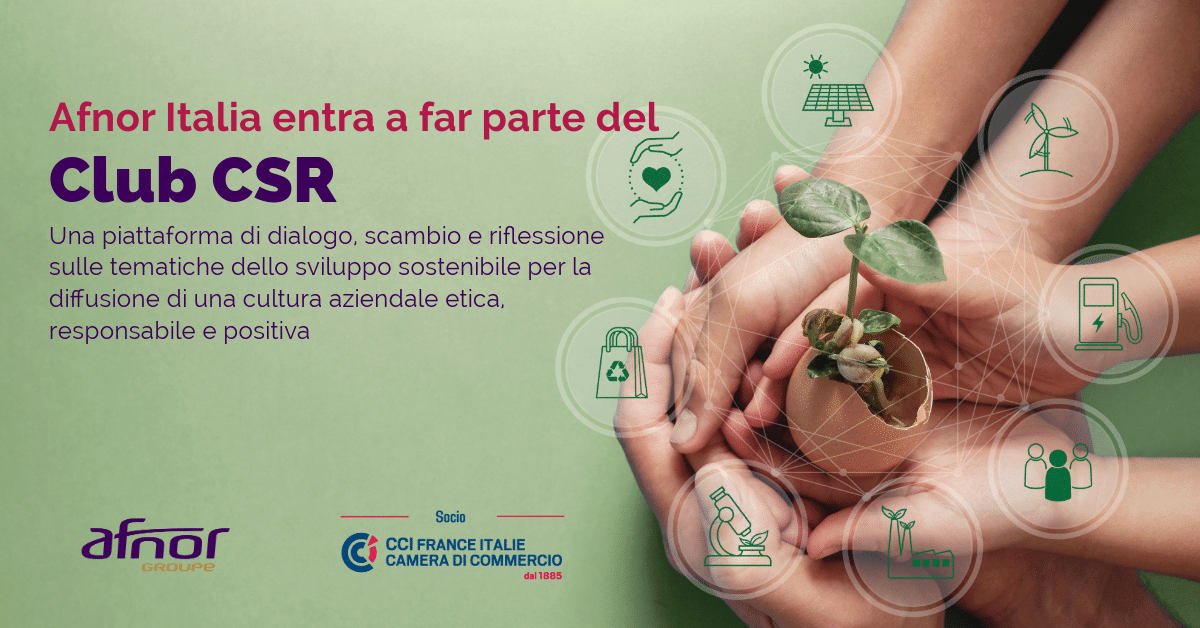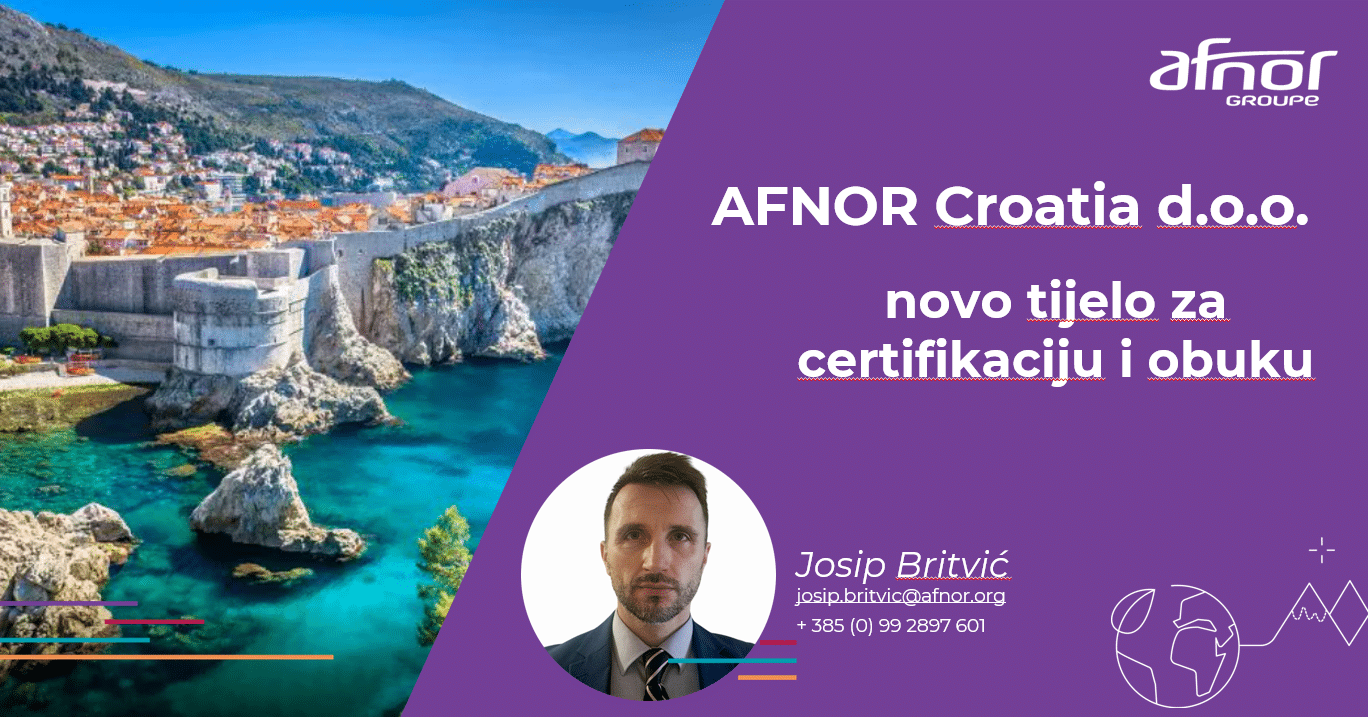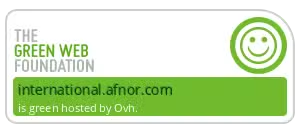Quality. Human qualities. Service quality. Product quality. The quality of a job... There are a a lot of variations. But what does the term actually cover? Whether you're a professional or a consumer, the notion of quality diverges and covers more or less complex notions, sometimes diverging to the point of paradox. For this major international study in 2023, the AFNOR group questioned over 1,300 corporate quality decision-makers of 37 different nationalities. We're going to present the main findings of this study in 4 articles.
It is interesting to note that according to our interviewees, the notion of "Quality" is defined in 4 points:
- Quality culture: in the BtoB world, we like to talk about the men and women of an organization, andpeople are at the heart of the matter. The quest for employee satisfaction is a notion shared by the majority of those surveyed. The corporate culture determines the requirements that must be adopted and followed by all.
- Quality values: at the crossroads between the BtoB and BtoC worlds, the notion of " ethical signage " is emerging. We want to prove that an organization, product or service has solid values. We have a common set of values and shared representations of the world. In this world, we need to know how to be responsible in order to reassure. CSR(Corporate Social Responsibility) therefore appears as a lever for adherence to the quality vision. In this fusion of quality and CSR, organizations are seeking to show that they are aiming for the fairest world, and wish to demonstrate their sincere commitment. Quality is rethinking itself to be more all-encompassing: CSR, sustainability, local, fair trade... are integrated into the quality process and formalized in rating criteria (e.g.: financial profile assessment, ESG rating...). In this way, labels attest to quality as a transformative tool that amends regulations, a voluntary private initiative that guarantees an organization's intrinsic commitment.
- Perception of quality: in the BtoC world, the perception of quality is 100% imaginary, and we talk about quality through the prism of customer experience and satisfaction with the product or service consumed. In the BtoB world, on the other hand, quality is associated with the notion of performance.
- Quality guarantee: the words safety and transparency replace the word quality.
Regardless of the country surveyed, 37% of those questioned said that their top priority was to win new customers, followed closely byservice excellence (35%). These two dimensions are very important, closely followed by customer loyalty (31%) in countries where the market is very dynamic and competitive, such as Italy and India. These general organizational objectives are clearly correlated with quality issues. Conversely, it is interesting to note thatimage enhancement is of lesser importance for the majority of them. This highlights the gap between the consumer's need for a more "sincere" and inclusive approach and that of the company, which does not place this criterion at the top of its objectives.
Towards a definition of quality...
Quality is first and foremost a question of product quality for 26% of those interviewed. This is particularly true in Brazil, Korea, Mexico and India.
The second and third concepts, which spontaneously come up in equal numbers for 19% of respondents, are customer satisfaction and the concern for a more efficient way of operating, particularly in France and Brazil. Another striking fact is the level of discourse, which differs according to thelocal cultural approach. French quality decision-makers, for example, are very keen on conceptualizing the term. They explain what they're doing: "meeting requirements", "managing costs", and the expected benefit: "business efficiency". In Germany, on the other hand, the focus is on product robustness and the highly technical aspect of zero defects.
Culturally, the Japanese take great care to exceed the expectations and requirements of their customers and users. They don't stop at the basics, but always seek to go beyond the framework in order to achieve the goal of "no defective products at all".
The subject seems less mature in India, where the notion of product acceptance by the customer takes precedence over that of excellence. The same is true of Mexico and Bolivia, where quality occupies a more nebulous position and does not seem to be based on precise, defined standards. Nevertheless, what these countries have in common is that they talk about the end of the chain: the consumer or end customer.
Quality, a subject on the move
The AFNOR study also reveals that 7 out of 10 quality decision-makers agree that the subject is undergoing significant change. At the same time, quality is not necessarily seen by all as well stabilized, and less than 60% agree on its definition.
But in detail, the subject is not evolving in exactly the same way in all countries. In Mexico, with a rate of 84%, the subject is moving most strongly. In France, on the other hand, pessimism takes over, with a slightly more static vision of the discipline and a lack of clarity surrounding the subject. At the same time, it is in Germany that we find the greatest convergence of the notion of quality, with a rate of 78%, followed by the USA with 74%.
Culture has a major influence on the way we perceive the notion of quality.
Finally, organizations with foreign sites are more likely to take a particular interest in this notion. Quality is therefore a subject that takes on even greaterimportance in international contexts.
This will challenge tomorrow's quality...
The study appealed to respondents' spontaneity, asking them in an open-ended way what would challenge quality in the next 5 years. In their opinion, tomorrow's challenges are concentrated on two key points: the digital and dataas tools for doing their jobs better. Then there's CSR and the environmental transition, with a greater focus on the environment. This will be the major event on the subject of quality in the future, as the quality director of a distribution company points out: " CSR is the new world [...] traceability, digitalization, environmental performance, these are the major issues for the future, and companies that are not focused on these issues really have their work cut out for them".
To conclude this first part, we can see that the fields covered by quality cover different cultural approaches and dimensions. A Frenchman, a German and an Englishman are not going to have the same level of discourse on the place of quality in their country, in their culture. " I would say that there is no French-style quality, there is performance management, and it's a global thing ", according to one French interviewee, while his German neighbor takes a very different approach: " Quality is in the Germans' genes, [...] it's essential, it's the basis of everything ".
Read more








